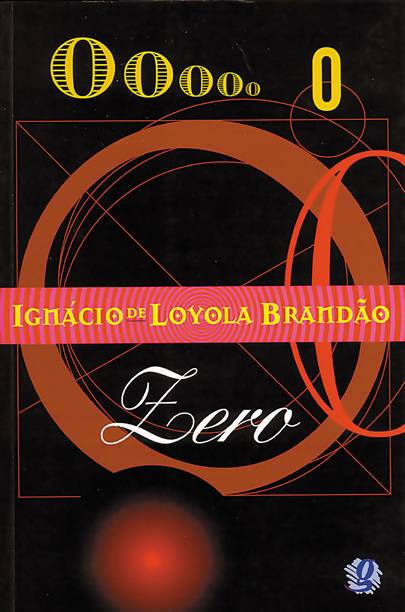

When he and Colonna meet the editorial staff of Domani, their bogus publication, he describes the target audience as “good, honest, middle-class folk, eager for law and order but desperate to read gossip and revelations about other people’s misfortunes.” In a later chapter he asserts that “readers don’t have a clue what happened 10 years ago.”Įco continually mocks the manner in which media is consumed, and at one point uses Colonna to explain how a journalist might use a pair of quotations to shrewdly accommodate a particular mandate.

Simei, as it turns out, provides what little insight the novel puts forth, and even then his musings are cloaked in a spiritless satire. Indeed, its forgettable raconteur-the self-styled “compulsive loser” Colonna-could almost be done without, were readers not dependent on his monotone narration.Ī down-on-his-luck, divorced (although his failed marriage is only glossed over), middle-aged writer with a track record of manuscript reading and hack journalism, Colonna is hired by the unscrupulous Simei to ghostwrite a book about a newspaper that will never be published-the contrivance of a shady investor who hopes to blackmail his way into the “inner sanctum.” Numero Zero contains no comparable figure. “When we consider a book,” he wrote in The Name of the Rose, “we mustn’t ask ourselves what it says but what it means.”Įco put those words-a brief yet effective tutelage on media consumption-into the mouth of William of Baskerville, one of the more comforting, charitable and illuminating protagonists in modern literature. The answer, not surprisingly, is revealed in his own, previous texts-a sort of intimate intertextuality. So what, then, is the 83-year-old’s objective for his seventh major work of fiction? What, assuming Numero Zero speaks to readers through opera aperta, or the open work approach to interpretation (a semiotic device), is Eco trying to say? This is almost certainly intentional, as a writer as vigorous and a philosopher as significant as Eco did not become lazy and deficient overnight. In Numero Zero Umberto Eco describes the debauched practice of news-making, and in so doing the renowned semiotician, prominent thinker and celebrated author of The Name of the Rose, The Prague Cemetery and Foucault’s Pendulum delivers a novel as shallow as the exercise he satirizes. Umberto Eco Having a Laughīuy now: Amazon ] Kindle ]


 0 kommentar(er)
0 kommentar(er)
